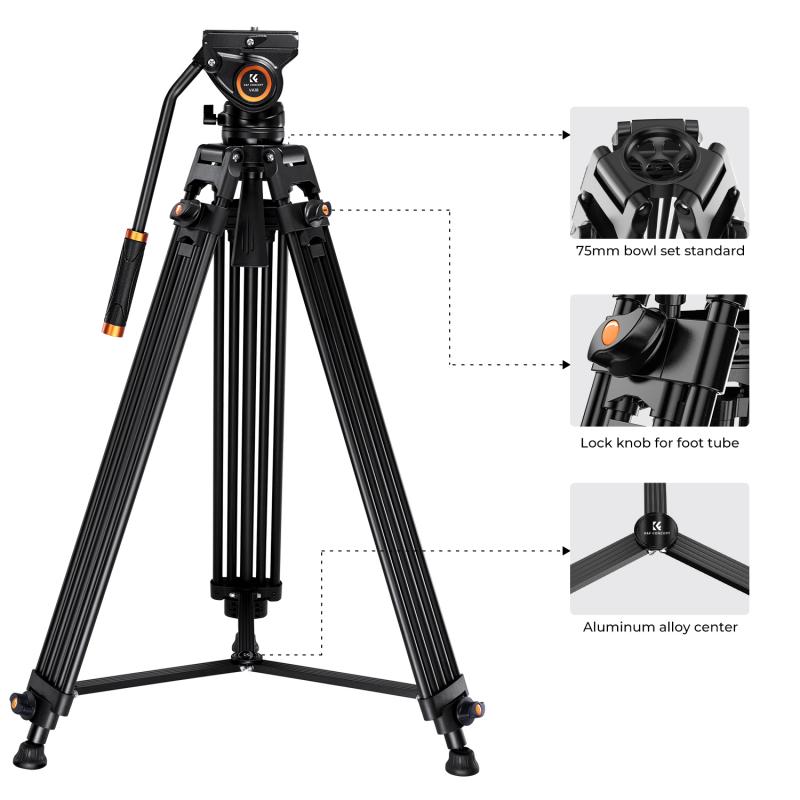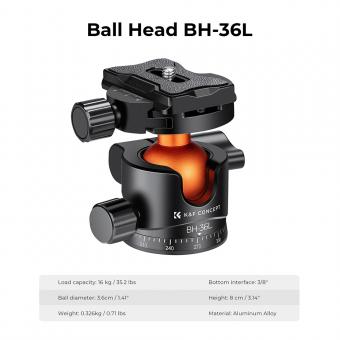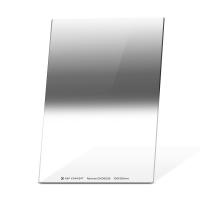When Did Vhs Camcorders Stop ?
VHS camcorders stopped being widely used and produced in the early 2000s.
1、 Transition to digital: Decline of VHS camcorders in the early 2000s.
Transition to digital: Decline of VHS camcorders in the early 2000s.
VHS camcorders, which were once a popular choice for recording home videos, saw a decline in the early 2000s due to the transition to digital technology. The rise of digital camcorders and the increasing availability of digital recording formats played a significant role in the demise of VHS camcorders.
The early 2000s marked a turning point in the world of video recording, as digital technology began to dominate the market. Digital camcorders offered several advantages over their VHS counterparts. They provided better image quality, higher resolution, and the ability to easily transfer and edit footage on computers. Additionally, digital formats such as MiniDV and DVD became more accessible and affordable, further contributing to the decline of VHS camcorders.
The transition to digital technology was not limited to camcorders alone. The entire entertainment industry was moving towards digital formats, with DVDs replacing VHS tapes as the preferred medium for movies and television shows. This shift in consumer preferences and the availability of digital content also influenced the decline of VHS camcorders.
Furthermore, advancements in technology led to the development of smaller, more compact digital camcorders. These new devices were easier to carry and operate, making them more appealing to consumers. VHS camcorders, on the other hand, were bulky and required tapes that needed to be rewound and replaced, making them less convenient in comparison.
It is worth noting that while VHS camcorders experienced a decline in the early 2000s, they did not completely disappear from the market. Some individuals still preferred the nostalgic charm of VHS and continued to use them for recording purposes. However, the majority of consumers embraced the convenience and superior quality offered by digital camcorders.
In conclusion, the decline of VHS camcorders can be attributed to the transition to digital technology in the early 2000s. The rise of digital camcorders, the availability of digital recording formats, and the overall shift towards digital media in the entertainment industry all played a significant role in the decline of VHS camcorders. While VHS camcorders may still hold sentimental value for some, they have largely been replaced by more advanced and convenient digital recording devices.
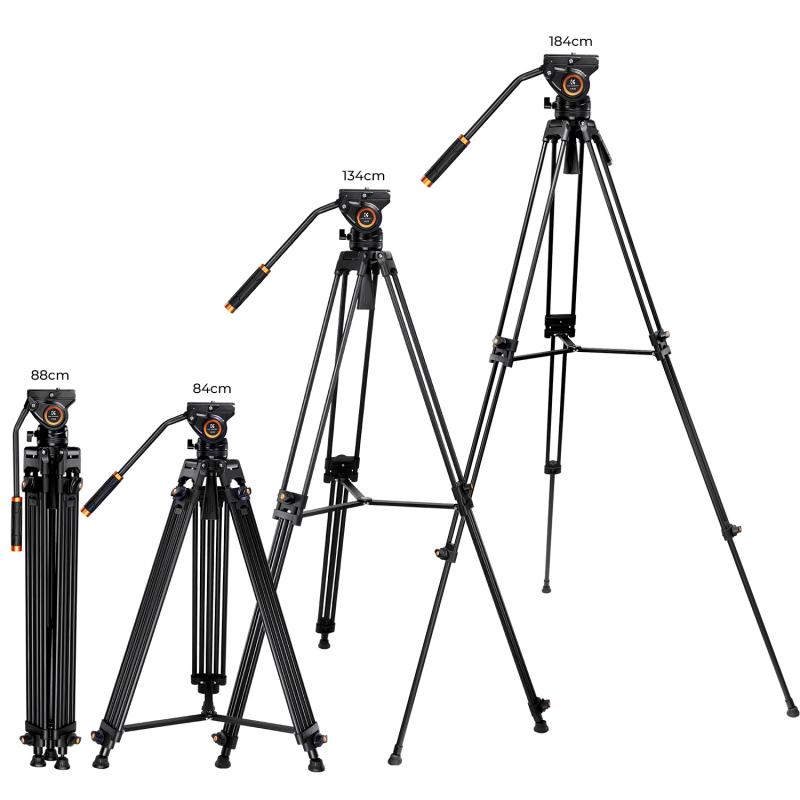
2、 Rise of digital formats: VHS camcorders phased out by 2008.
Rise of digital formats: VHS camcorders phased out by 2008.
VHS camcorders were once the go-to choice for capturing precious memories on video. However, with the rise of digital formats, these bulky and outdated devices gradually became obsolete. The transition from analog to digital technology revolutionized the way we record and store videos, offering superior quality and convenience.
The decline of VHS camcorders began in the late 1990s when digital camcorders started gaining popularity. Digital formats, such as MiniDV, offered higher resolution, better image quality, and the ability to easily transfer footage to computers for editing and sharing. These advantages quickly made VHS camcorders seem outdated and impractical.
By the early 2000s, digital camcorders had become the norm, and VHS camcorders were gradually phased out of the market. The last VHS camcorders were produced around 2008, marking the end of an era for this once-dominant format.
Today, digital camcorders have evolved even further, with the advent of smartphones and compact digital cameras capable of recording high-definition videos. These devices have made capturing and sharing videos more accessible than ever before. Additionally, the rise of online platforms and social media has transformed the way we consume and distribute video content.
While VHS camcorders may hold nostalgic value for some, they have become relics of the past. The convenience and versatility of digital formats have made them the preferred choice for capturing and preserving memories. However, it is worth noting that VHS tapes still exist, and there are services available to convert them into digital formats for those who wish to preserve their old recordings.
In conclusion, the rise of digital formats led to the phasing out of VHS camcorders by 2008. The continuous advancements in digital technology have further revolutionized the way we record and share videos, making VHS camcorders a thing of the past.
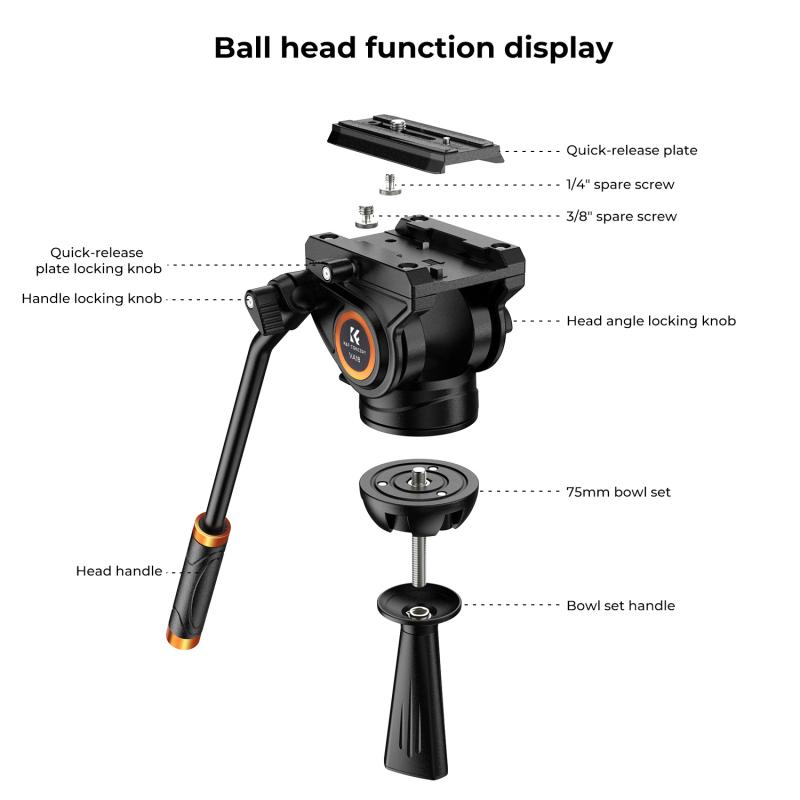
3、 Advancements in technology: VHS camcorders discontinued due to obsolescence.
Advancements in technology: VHS camcorders discontinued due to obsolescence.
VHS camcorders were once a popular choice for capturing precious memories on tape. However, with the rapid advancements in technology, these camcorders eventually became obsolete and were discontinued. The decline of VHS camcorders can be attributed to several factors.
One of the main reasons for the discontinuation of VHS camcorders was the emergence of digital technology. Digital camcorders offered superior image quality, ease of use, and the ability to transfer footage directly to a computer or other digital devices. This made VHS camcorders seem outdated and inconvenient in comparison.
Another factor that contributed to the decline of VHS camcorders was the rise of DVD technology. DVDs provided a more compact and convenient way to store and view videos. With the ability to record directly onto DVDs, consumers no longer needed to deal with the hassle of rewinding and fast-forwarding tapes.
Furthermore, the introduction of high-definition (HD) video recording further diminished the appeal of VHS camcorders. HD camcorders offered significantly better image quality and resolution, making VHS tapes seem even more outdated.
As technology continued to advance, the popularity of VHS camcorders steadily declined. Manufacturers shifted their focus to producing digital and HD camcorders, leaving VHS camcorders behind. Eventually, the production of VHS camcorders ceased altogether.
In recent years, the rise of smartphones with high-quality built-in cameras has further revolutionized the way we capture and share videos. With the convenience of smartphones, dedicated camcorders have become less common.
In conclusion, VHS camcorders stopped being produced due to obsolescence caused by advancements in technology. The emergence of digital technology, the convenience of DVDs, and the introduction of HD video recording all played a significant role in rendering VHS camcorders outdated. With the continuous evolution of technology, it is unlikely that VHS camcorders will make a comeback in the future.
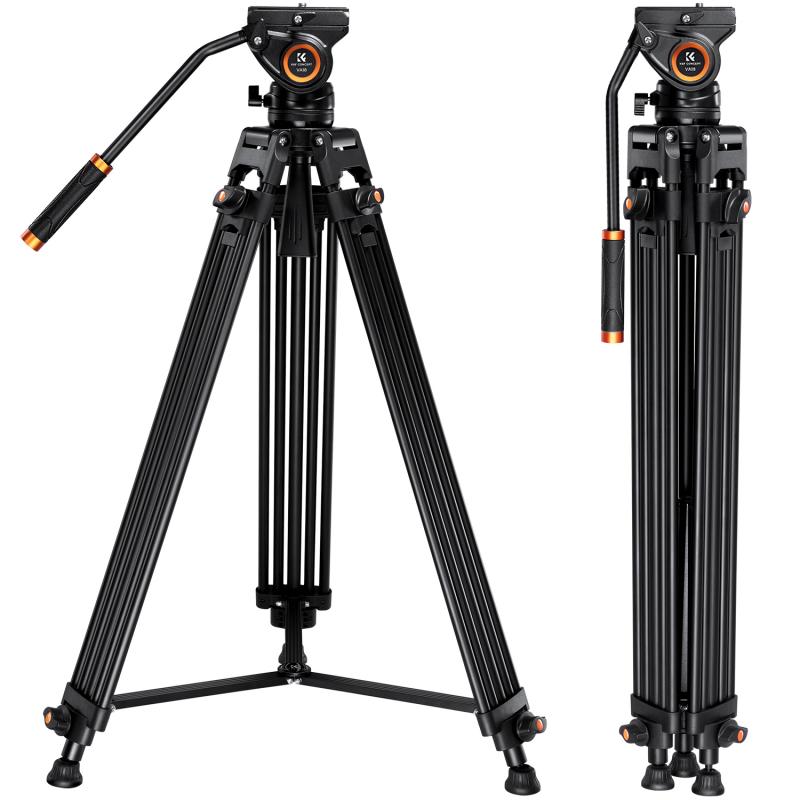
4、 Shift to DVD and digital recording: VHS camcorders became obsolete.
Shift to DVD and digital recording: VHS camcorders became obsolete in the early 2000s. The decline of VHS camcorders can be attributed to the rapid advancements in technology and the shift towards more convenient and higher-quality recording formats.
VHS camcorders were popular in the 1980s and 1990s, allowing people to record their memories on small VHS tapes. However, as DVD technology emerged in the late 1990s, it quickly gained popularity due to its superior video and audio quality, as well as its smaller size and ease of use. DVDs also offered the advantage of being able to skip to specific scenes and had a longer lifespan compared to VHS tapes, which were prone to degradation over time.
The introduction of digital recording further accelerated the decline of VHS camcorders. Digital camcorders allowed users to record videos directly onto memory cards or hard drives, eliminating the need for physical tapes altogether. This new technology offered even higher video quality, greater storage capacity, and the ability to easily transfer and edit footage on computers.
With the rise of smartphones and the integration of high-quality cameras, the need for standalone camcorders diminished even further. Nowadays, most people rely on their smartphones to capture videos, as they are portable, always accessible, and offer excellent video quality.
In summary, VHS camcorders became obsolete in the early 2000s due to the emergence of DVD technology and the subsequent shift towards digital recording. The convenience, superior quality, and versatility of DVD and digital recording formats rendered VHS camcorders outdated. Today, with the prevalence of smartphones and other portable devices, the need for standalone camcorders has significantly diminished.
